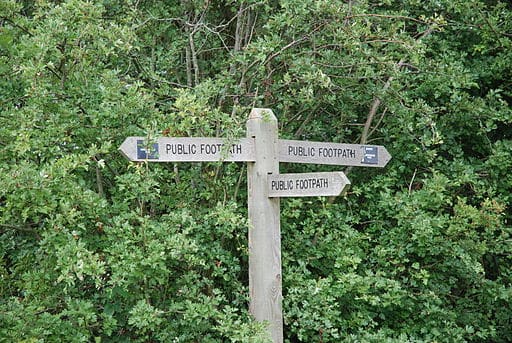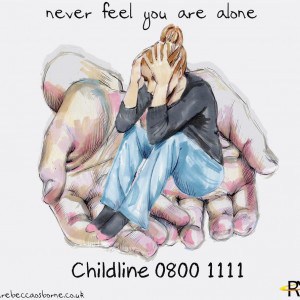The person who is self-harming may feel deep shame and guilt, or may feel confused and worried by their own behaviour. It’s important to approach them with care and understanding. They may not wish to discuss their self-harm with you, but you could suggest that they speak to an anonymous helpline or see their GP.
Source: NHS Choices
Read more
- Self-harm – Meeting health professionals @ TheSite.org
Excerpt: Some young people who self-harm will seek help voluntarily through their doctor (GP) youth worker, key worker, school nurse or college counsellor. In many areas there are free young people’s counselling and mental health support services that you can refer yourself to. If you are nervous about making that first contact with a counselling or support service you could ask your GP, another trusted professional, or a friend, to refer you.
- Understanding self harm @ Mind
Excerpt: You can begin by gently encouraging them to examine their feelings and to talk to someone about why they self-harm. You may find what they have to say difficult to hear. If it feels too much for you, help them to find someone else to talk to. It’s possible to be honest with them about your own feelings and not to panic, blame them, treat them as if they are mad, or make them feel guilty. Being uncritical will help them feel accepted and cared for, instead of even more self-hating. Keep emphasising all the non-harming aspects of the person’s life to help develop and support their sense of self-worth.



